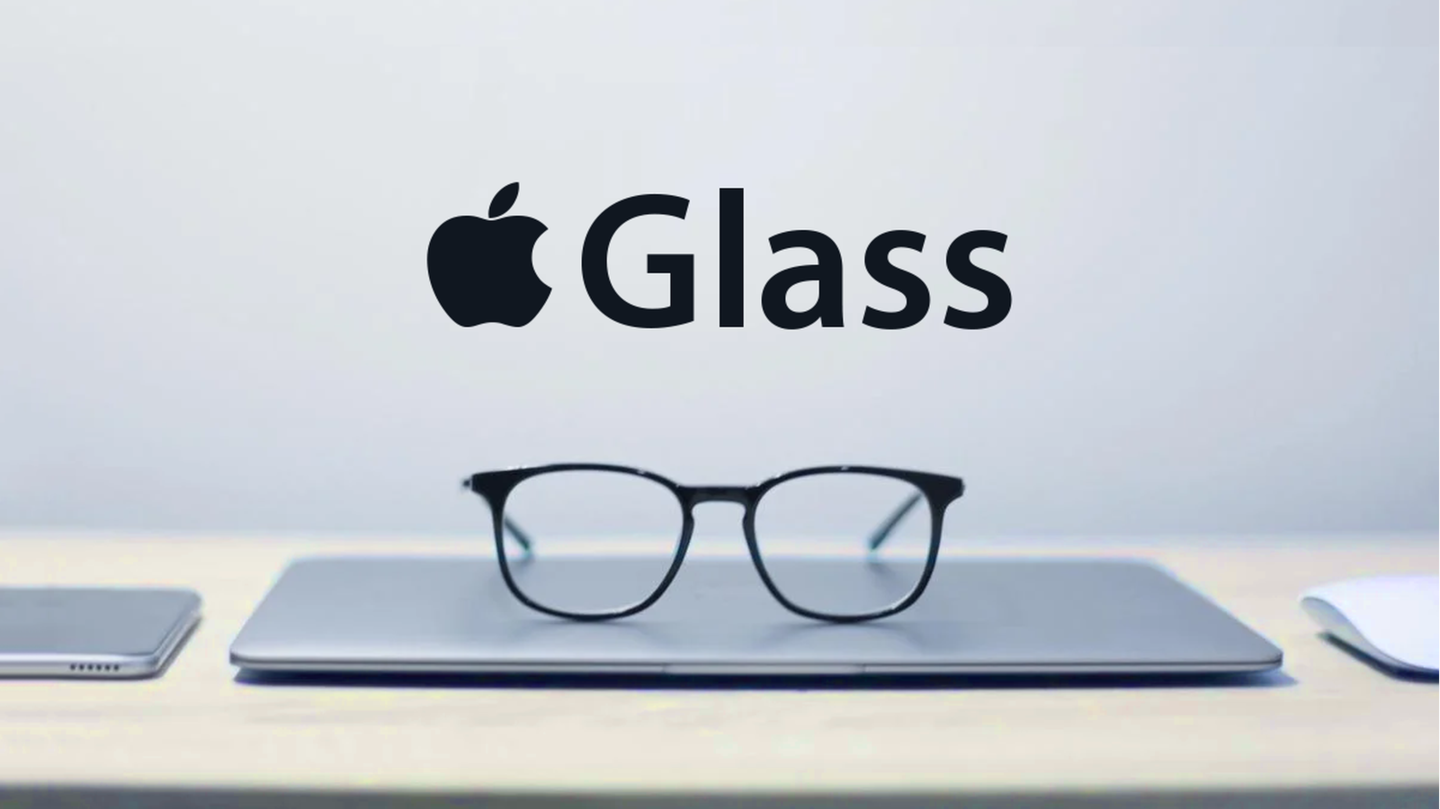
Apple patents privacy-focused glasses that let wearer see iPhone content
What's the story
In something seemingly straight out of a James Bond flick, Apple has secured a patent this week for privacy-centric glasses that would let only the wearer see content on an iPhone that those without the glasses cannot. The patent describes a "Privacy Eyewear" feature and improvements in Face ID that could be a huge selling point for the privacy-centric company. Here are more details.
Significance
Why does this patent matter?
Apple doesn't manufacture every idea or product it patents. However, these publicly listed documents lend insight into the direction in which Apple's efforts are focused. This patent, in particular, reiterates Apple's focus on privacy, mixed reality, and will be related to Face ID. Although it may never become a real-world product, it could inspire or manifest itself as one.
Useful?
Apple's eyewear could redefine prescription eyewear as we know it
The Privacy Glasses would reportedly register a user and determine vision deficiencies if any. The iPhone display output would then be shown in accordance with this deficiency so the user can potentially use the phone without prescription eyeglasses. The user will be identified by a face depth map that the glasses would scan for. Based on similarity scores, a user profile will be activated.
Privacy
Glasses can comprehend intentionally blurred content on iPhone screen
Some embodiments of the Privacy Eyewear described in the patent suggest a user may intentionally blur what's displayed on the iPhone screen if they desire privacy or don't want a nearby person to see what's on the screen. In general, the published patent describes a system that can display "vision-corrected graphical outputs and standard graphical outputs on an electronic device."
Details
Patent details Face ID improvements to detect facial hair, eyewear
Additionally, the patent described a feature resembling profiles for Face ID. This system would be capable of distinguishing the unique details on a user's face including hairstyles, beard, mustache, reading glasses, sunglasses, and more. And no, this isn't optical facial recognition. The iPhone's Face ID system would rely on depth maps to detect the aforementioned facial features and accessories.